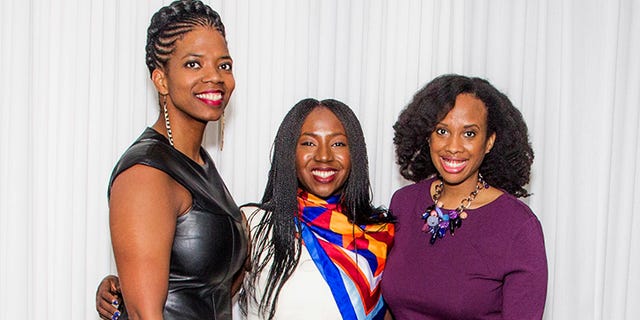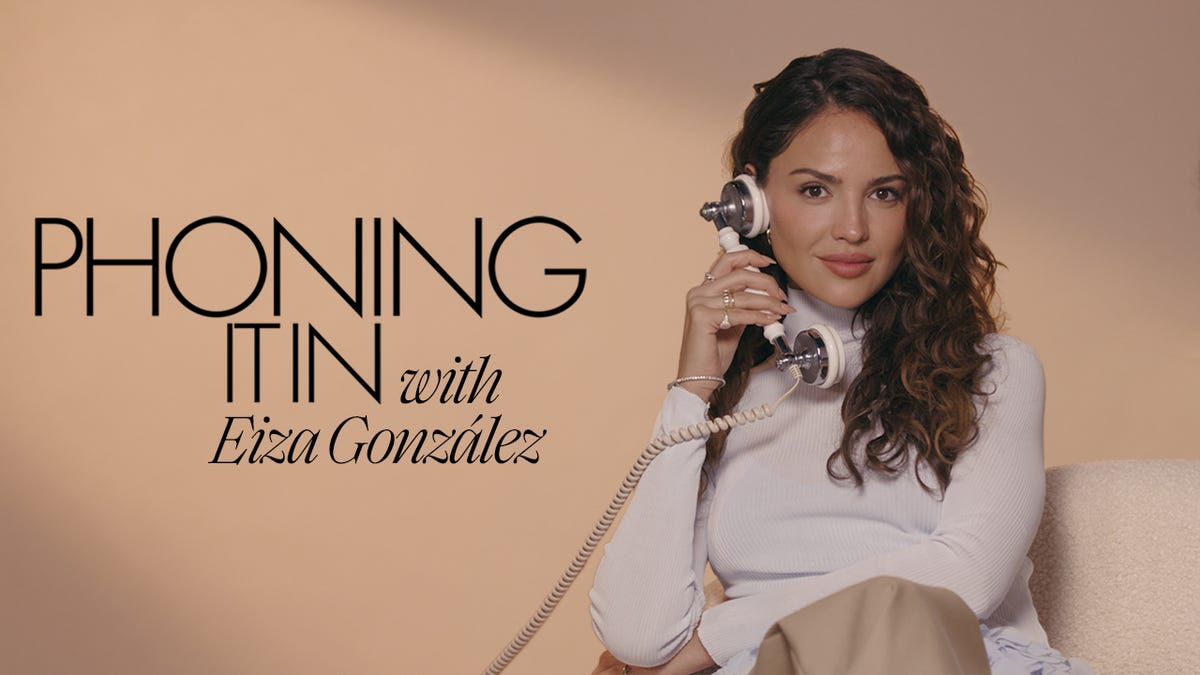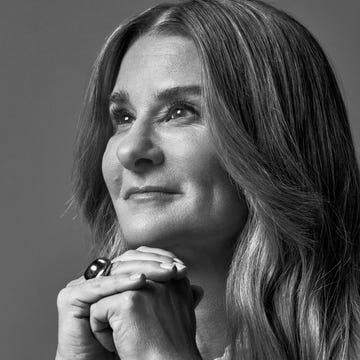Women still make up less than a quarter of all STEM professionals, command only 6 percent of CEO positions at Fortune 500 companies, and hold just 21 percent of congressional seats—you get the idea. There’s still a lot of work to do. And from Silicon Valley to Hollywood, the latest suggestion for closing the opportunity gap has been to promote mentorship. But what does that really look like? It can seem like just another corporate buzzword based on the unlikely scenario in which a seasoned professional decides, out of the goodness of his or her heart, to spend time and emotional labor guiding a mentee up the ladder. And that’s a shame, because mentorship truly could be the key to making sure women are represented on screens, in boardrooms, and around Capitol Hill. This month, ELLE asked some of the top-ranking women in tech, fashion, finance, and media to demystify what it means to mentor, whom you should really be turning to for help, and how to level up—with or without a mentorship fairy godmother. No buzzwords, just really good advice.
Esosa Ighodaro, Regina Gwynn, and Lauren Washington, all entrepreneurs and women of color, saw each other for years at various events but never formally met. “Since we were the only chocolate drops in the room, as we like to say, we would wonder who those other young women were,” Gwynn says. When they finally got together for a lunch, they discovered that they all faced similar challenges, from finding the right team members to getting enough funding to expand. That’s why they launched Black Women Talk Tech: to share knowledge, resources, and investment opportunities with other WOC entrepreneurs. The group hosted its first conference at Google’s New York office in 2017, followed by another at Microsoft earlier this year. Drawing from their experience, they’ve come up with three questions to ask in any mentorship scenario—and one question to avoid.
Do: “What do you want to get out of this relationship?"
Asking someone why she is interested in mentoring sets the tone for everything that follows. “I’ve learned this from the mentor side more than the mentee side,” Washington says. “Whether they see potential in you and your business or they want to give back in general, finding out why they’re there can guide what the relationship looks like.” And don’t think of it as a one-sided arrangement: “A lot of the time, we think of mentorship as ‘How can you help me?’ That’s not quite how it works,” Ighodaro says. “If you’re newer to an industry, you’re closer to the ground. That’s insight your mentor needs if they’ve been in their role for a while.” Being able to offer your own support to her might make a mentor feel more invested in helping you.
Do: “How did you work through a mistake?"
We seek mentorship advice from people who have already gotten to where we want to go, but that doesn’t mean it was an easy climb. “One thing I always tell people I mentor is that they have to fail in order to learn from those mistakes and move forward,” Washington says. “Anyone who’s at the top has already experienced those failures in big and small ways. You can learn from their mistakes.”
Do: “Can you help me figure this out?"
“Especially as women, we feel like we have to do everything ourselves and that asking for help shows weakness,” Washington says. “But it’s actually the opposite. Studies show that asking someone for help actually bonds you closer to them.” Even if it’s something as simple as asking for contacts. “When you’re working with a mentor, the whole idea is to become your best self,” Gwynn says. “Which means you’re not your best self just yet. So if you’ve Googled and researched and you’re still having trouble, ask your mentor.”
Don't: “We've never met, but will you be my mentor?"
Approaching someone you’ve admired from afar to take the time to mentor you can come off as forward and even disrespectful. “Instead of just emailing someone and asking if they’ll be your mentor today, make sure to build some kind of relationship first,” Gwynn advises. “It can be online, like via LinkedIn, or by getting an informal interview on the books. Mentorship only works when both people are willing to invest their time and resources.”
This article originally appeared in the August 2018 issue of ELLE.













